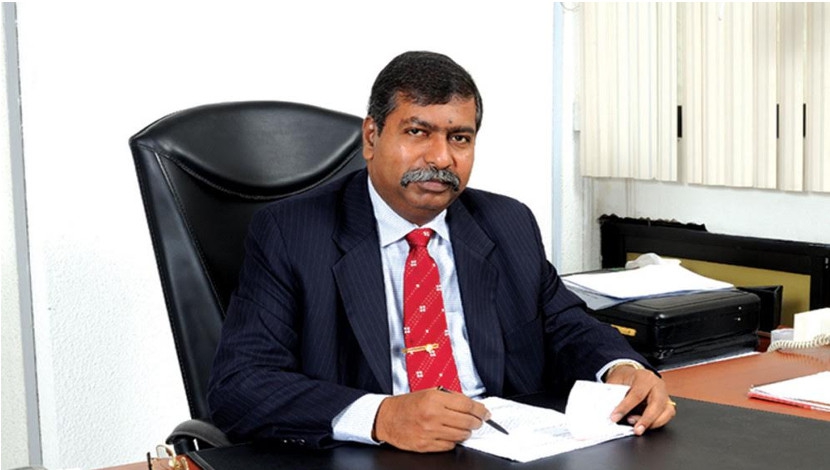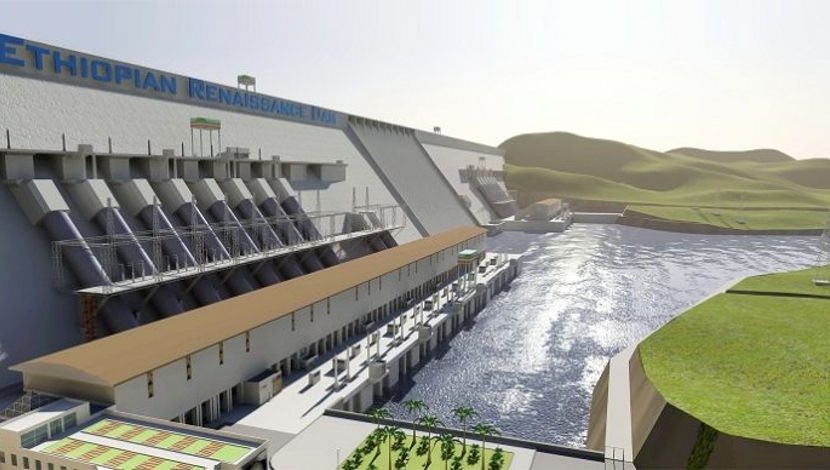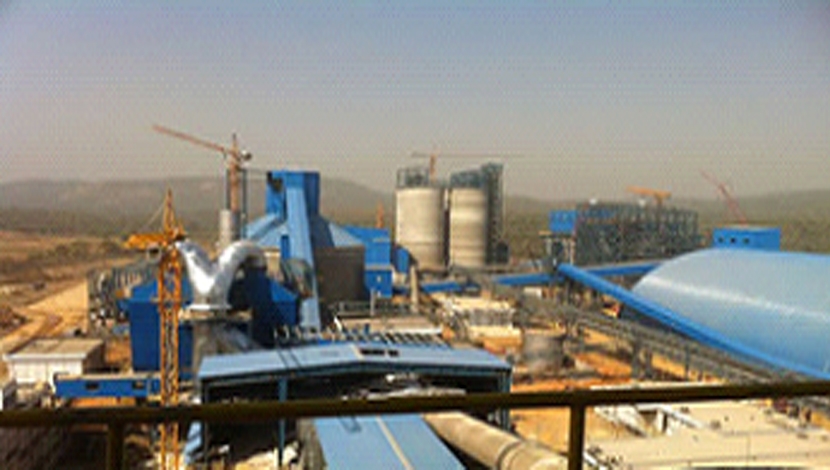

Dangote Cement Plc has said it may shut its operations in Ethiopia if authorities in Oromia don’t reverse an order to cement makers to hand over control of parts of their businesses to local young people.
Oromia state’s East Shewa Zone administration wants the Nigerian company to outsource its pumice, sand and clay mines to youth groups or be responsible for “any problems” that may arise, according to a letter from the authority to Dangote seen by Bloomberg and verified by a representative of East Shewa’s administration. The regional government sees the transfer of jobs in pumice production as a way to ease youth unemployment and quell unrest.
Any mismanagement of mining infrastructure including buildings and excavators could “lead to total breakdown of our business,” Dangote Executive Director Edwin Devakumar said in Lagos last week. The cement maker will write to the federal government to ask it to intervene and will consider shutting the plant in Mugher, 90km north of Addis Ababa, as a “last option” if this fails, he said. The company listed Ethiopia as one of its three “key” markets, along with Nigeria and South Africa, in a presentation in May.
The Ethiopian government is searching for ways to reduce youth unemployment after violent protests by Oromo communities over alleged land dispossession, political marginalization and repression led the government to declare a state of emergency last year.
Dangote Cement was among several businesses attacked during the unrest. The protests triggered a 20% slump in foreign investment to $1.2 billion in the six months through December compared with the same period a year earlier.
The order to outsource mining is “a violation of our rights because the government has given us a mining license,’’ said Devakumar, who was Dangote Cement’s CEO until 2015. “If I don’t have limestone and additives my cement plant is useless.”
Dangote employs about 1,500 workers directly, while an estimated 15,000 people earn a living indirectly through the firm’s cement and mining facilities.
The disagreement is also hampering Dangote’s Ethiopian expansion plans. The company has stopped an advance payment on a contract to double production capacity of the 2.5 million metric-ton per year plant after signing an agreement, Devakumar said.
The company has spent more than $700 million in the country and is “discouraged from investing more,” he said.





